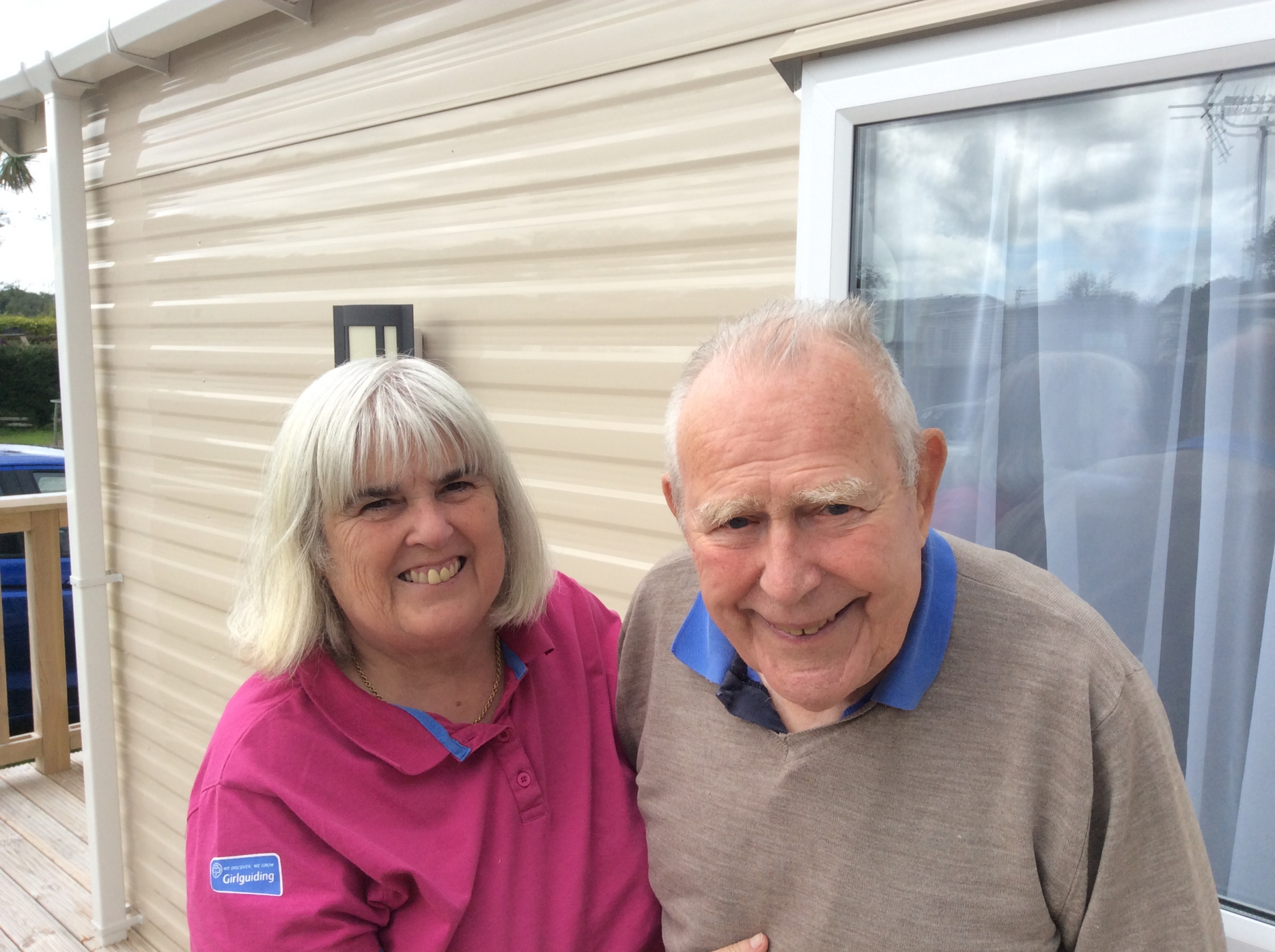"Well, he's got dementia. That was my diagnosis."
“When I asked what was wrong, the doctor just said ‘well, he’s got dementia’ and left me there… That was my diagnosis.”
So, with just those three words Hazel received her husband’s diagnosis of vascular dementia. There was no tailored support and nowhere to turn for any answers. You might be handed a fistful of leaflets and left to get on with it. When you think of how monumentally a dementia diagnosis affects people’s lives, it is clear we need a standardised dementia pathway. One that can be followed from having initial concerns about memory, to receiving a diagnosis through to end-of-life support.Yet here we are… still leaving carers in the dark with no idea where to turn for help or indeed what, if any, help is available.
“That moment is what lit the fire in me” Hazel says, “From there on I vowed to learn everything I could about dementia and do my best to look after my husband”. Hazel was fortunate enough to find a lot of support in community groups, charities, and other people who shared and understood her experience.
Caring for someone shouldn’t have to feel like the loss of oneself. There shouldn’t have to be a choice between your own needs and the needs of your loved one. Being a full-time, primary carer can mean years of never taking a day for yourself. Carers are under immense pressure; emotional, mental, and financial. Our health & social care system is failing them.
Hazel managed to continue to work up until the pandemic. But then all support services for people living with dementia stopped. Hazel and her husband received no governmental support to deal with this – they had no food in the house and no-one to help share some of the responsibilities of caring. “I was left to pick up all the pieces” she said.
The consequences mounted. “I stopped taking care of my own health” she tells me “I worked up until it became impossible and then I just had to stop”. Employers currently have no obligation to adequately support those who care for someone. “They wouldn’t let me have time off for his appointments… so I ended up just saying they were for me. It was the only way around it.”
Hazel gave up work. “We just had to live on what was handed to us”. It was a tough time for Hazel. She became responsible for everything 24/7. The strain took its toll.
“It was during that time our relationship changed. I remember one day he was pushing all my buttons and I just turned around and said to him ‘Do me a favour and stop breathing because I can’t do this anymore’.” Hazel, shocked at what she had just said to a person she deeply loved and cared for, broke down and rang a friend who had been a carer herself who consoled her. We shouldn’t be allowing people to get to breaking point like this.
Hazel smiles and says “every day we used to find something to have a giggle at.” Caring for someone, despite all the challenges, is a wonderful experience. "It’s the most rewarding things I’ve done in my life,” Hazel says “and one I would never wish on anyone.” It's clear that the biggest problem with dementia lies in how we, as a society, respond to the disease. Right now, we are failing both the people living with dementia and the people who love and care for them by not providing adequate support.
Hazel’s husband sadly passed away in September 2021. Caring for someone with dementia is an emotional rollercoaster of a journey. It makes life so busy. There is hardly a moment to think about yourself. When the person you care for dies, the sudden emptiness can be incredibly difficult to deal with.
Hazel remains positive and an inspiration to those who care or have cared for someone. “The future is now. I’m trying to build a life for myself. I’m passionate now about getting our story out there.” Hazel is an active member of tide (together in Dementia Everyday) and continues to amplify the voice of unpaid carers.
Did Hazel's story move you? Then share it on social media! (share buttons are at the bottom of the page)
If you have a story to share of your own your can get in touch anytime with Rebecca
